Many people struggle to find the right skincare for acne, and this often feels confusing. With so many products in stores and online, it can be hard to know which ones are safe and effective. The good news is that by learning what to look for, anyone can choose products that help clear their skin without making it worse. This blog will explain how to make smart choices when building an acne prone skin care routine. Readers will learn how to pick gentle products, understand ingredients, and avoid mistakes that may harm their skin.
Understanding Acne and Skin Type
Before buying any skincare for acne, it is important to understand what acne really is. Acne forms when pores are blocked by oil, dirt, or dead skin cells. This can lead to pimples, blackheads, or even painful cysts. However, not everyone’s skin is the same. Some people have oily skin, while others have dry or sensitive skin. Knowing the skin type helps in choosing the right acne prone skin care because a product that works for oily skin may not suit someone with sensitive skin.
Identifying Acne Prone Skin
Acne prone skin often shows repeated breakouts in the same areas. Moreover, it may feel oily, especially around the forehead, nose, and chin. However, dryness and redness can also appear when the skin barrier is weak. Understanding these signs makes it easier to pick products that balance the skin rather than irritate it.
Choosing the Right Ingredients
The most important part of acne prone skin care is looking at the ingredients. Some ingredients are proven to help reduce acne, while others may cause irritation.
Gentle Cleansers and Exfoliants
A gentle cleanser is a must for skincare for acne. It removes dirt and oil without stripping natural moisture. Harsh scrubs should be avoided, as they can damage the skin barrier. Instead, mild exfoliants with ingredients like salicylic acid can help unclog pores.
Spot Treatments and Moisturizers
Spot treatments with benzoyl peroxide or tea tree oil can reduce pimples quickly. However, they should be used carefully to avoid dryness. Many people think acne prone skin does not need moisturizer, but this is not true. A light, oil free moisturizer helps maintain balance and prevents the skin from producing extra oil.
Sunscreen and Protection
Sunscreen is often overlooked in acne prone skin care. However, sun damage can make acne scars worse and slow healing. A non-comedogenic sunscreen, which means it does not block pores, is the safest option.
Avoiding Common Mistakes
Even with the best skincare for acne, mistakes can slow progress.
Using Too Many Products
One common error is using too many products at once. When someone changes routines too often, the skin gets stressed and breakouts may increase. Instead, it is better to start simple and give each product time to work.
Ignoring Lifestyle Factors
Skincare for acne is not only about creams and cleansers. Diet, stress, and sleep also play a role. Moreover, touching the face with unwashed hands can spread bacteria. Combining good habits with the right products makes acne prone skin care more effective.
FAQs
What is the best skincare for acne prone skin?
The best skincare includes a gentle cleanser, a light moisturizer, and sunscreen. Treatments like salicylic acid or benzoyl peroxide can be added if needed.
Can natural remedies help with acne?
Some natural ingredients like aloe vera and tea tree oil can help reduce redness and pimples. However, they should be tested on small areas first to check for reactions.
Should people with acne avoid makeup?
Makeup can be worn if it is labeled non comedogenic. However, it is important to remove makeup fully before sleeping to prevent clogged pores.
How long does it take for acne skincare to work?
Results may take four to six weeks. Consistency is key, and products should not be changed too quickly.
Conclusion
Choosing the right skincare for acne requires patience and awareness. By understanding skin type, checking for gentle ingredients, and avoiding harmful habits, anyone can build a routine that supports clear and healthy skin. Moreover, combining acne prone skin care with good lifestyle habits makes the results more lasting. With the right steps, clearer skin becomes possible without stress or confusion.


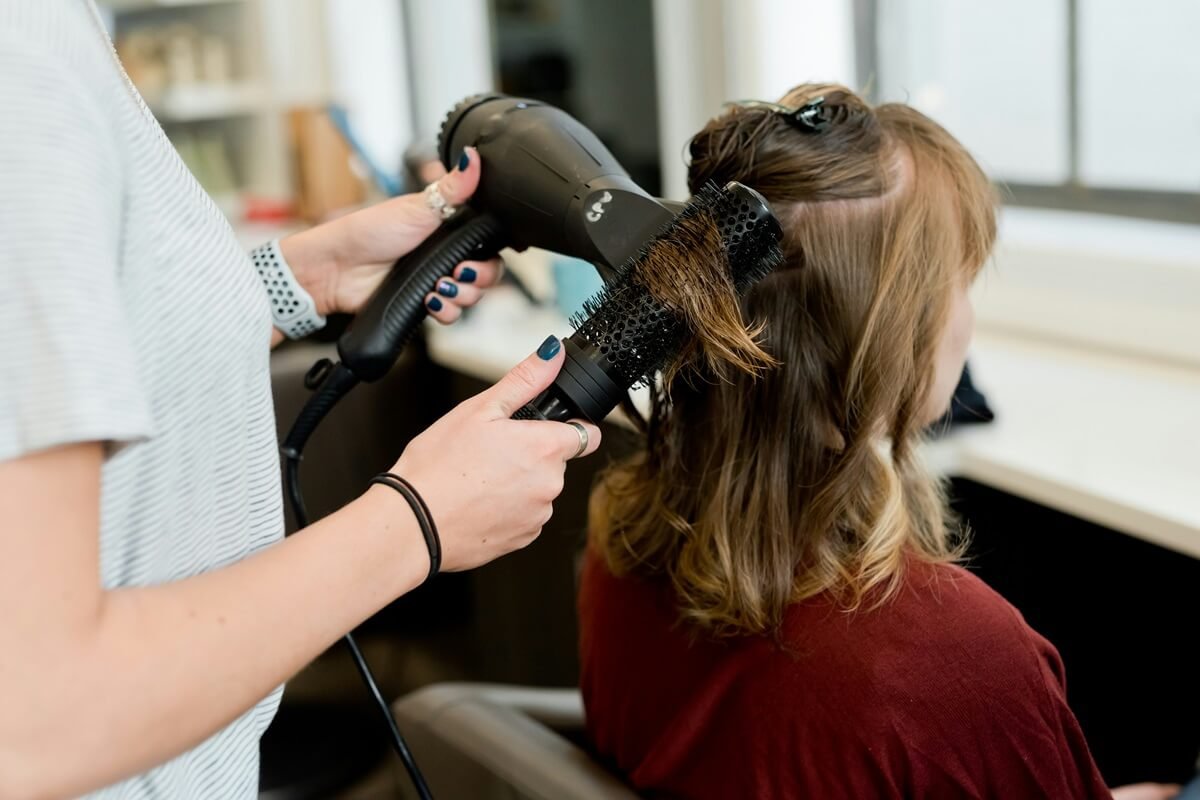
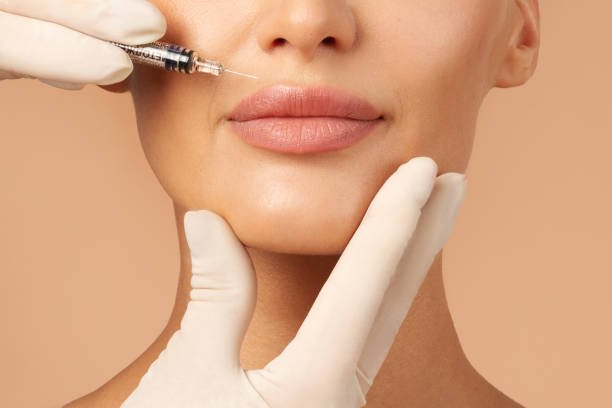
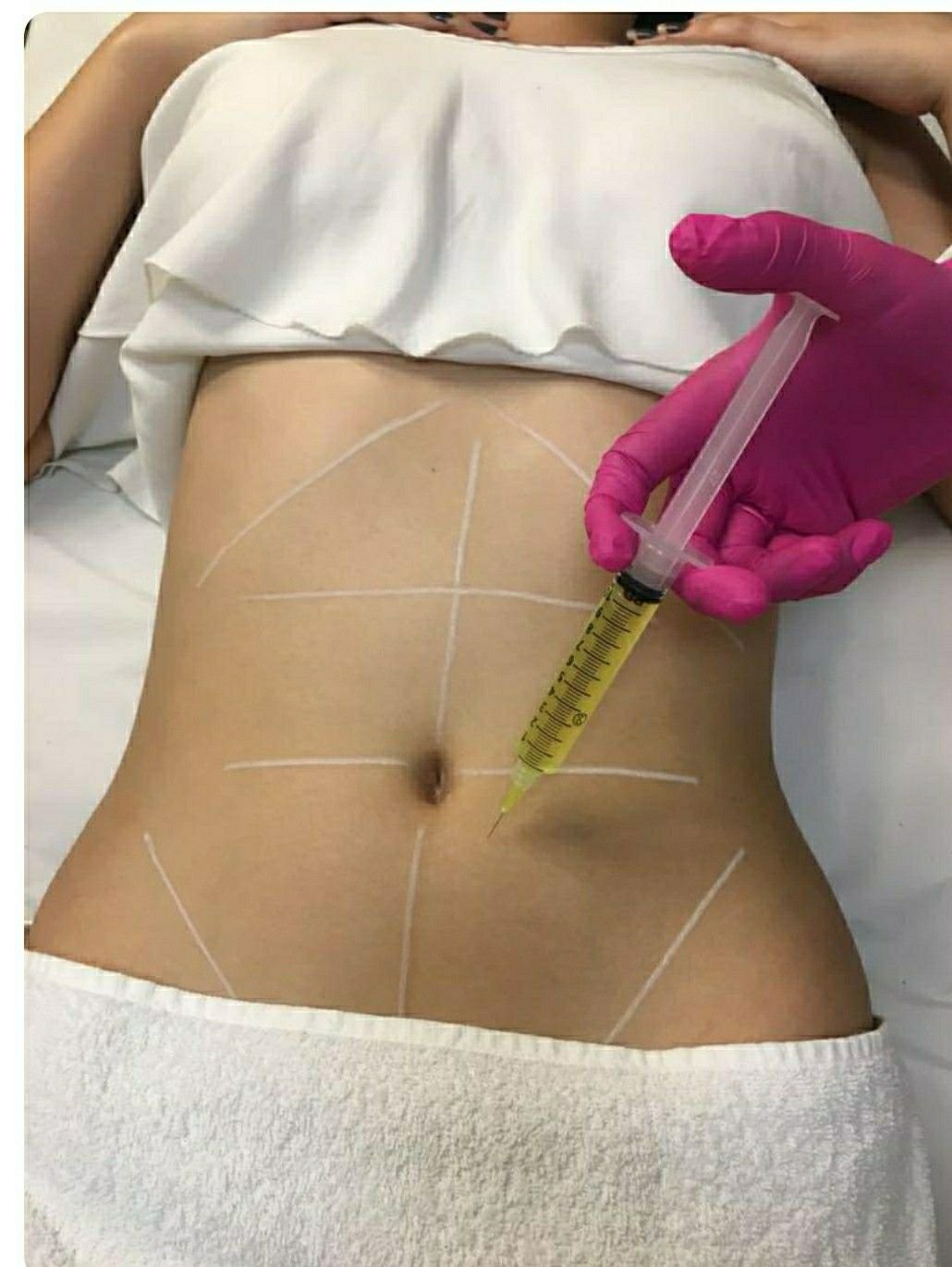
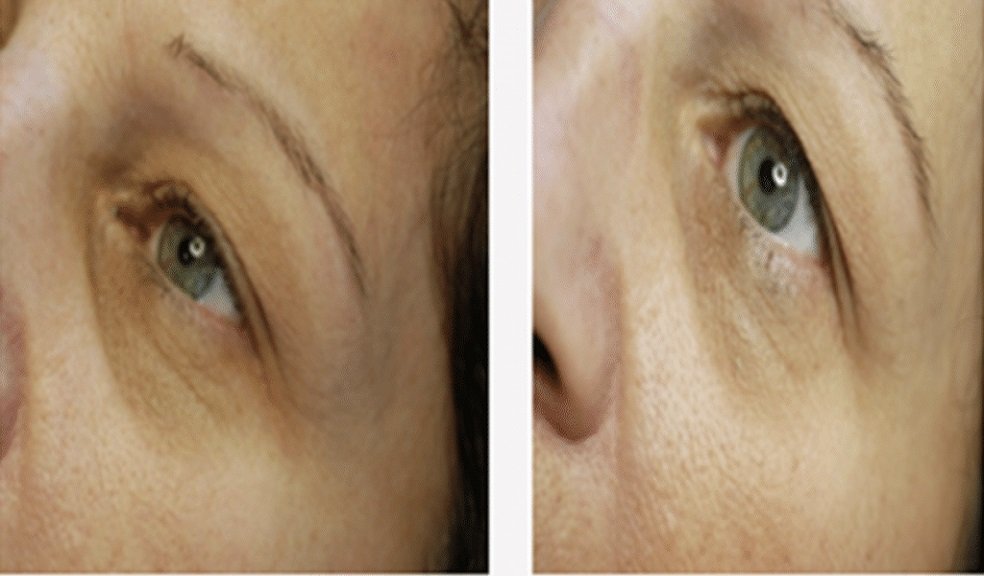
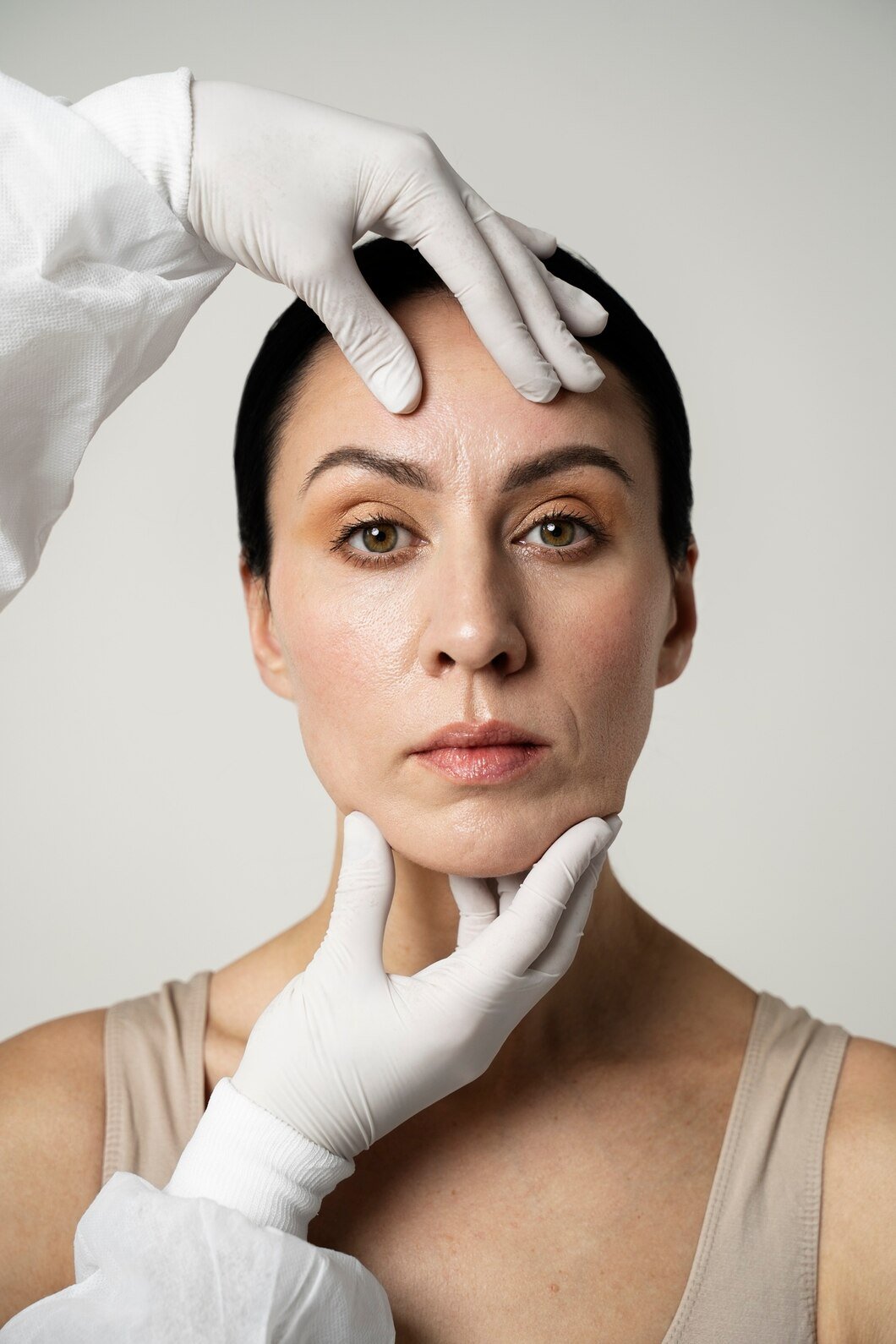
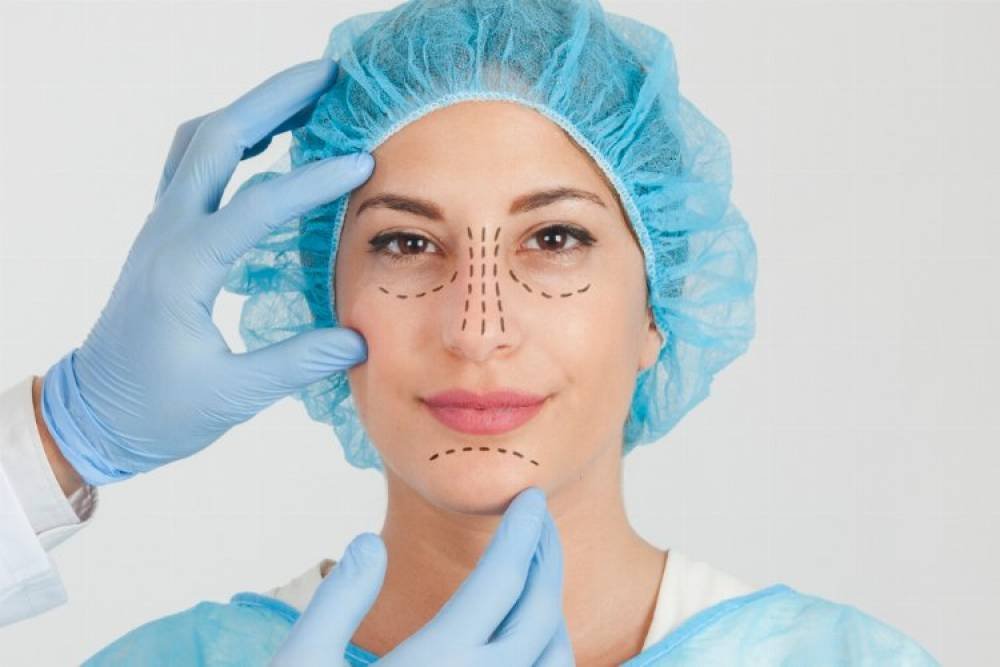
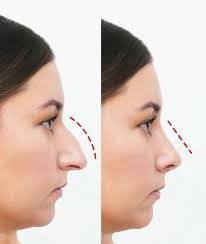
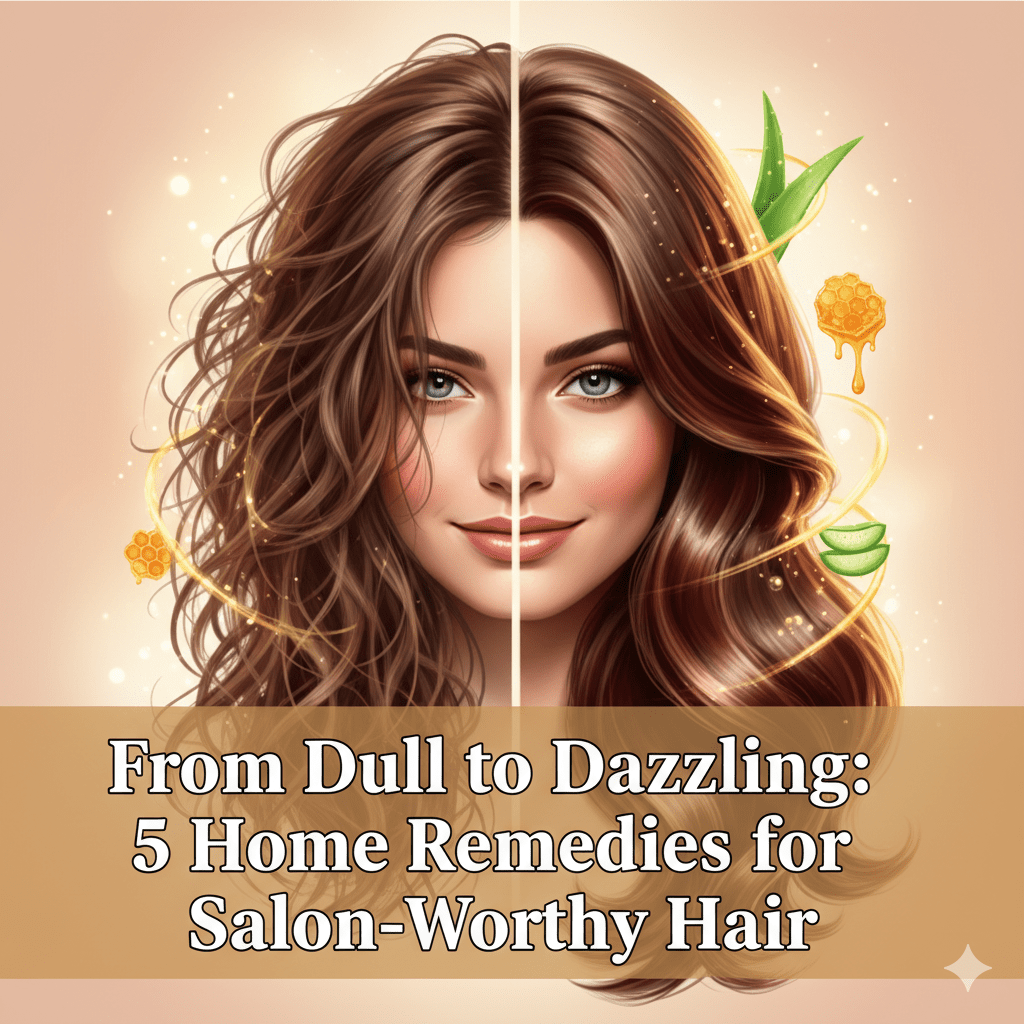
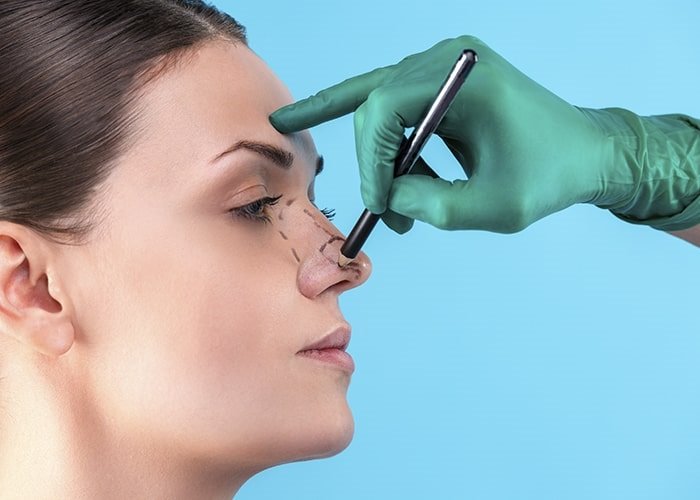
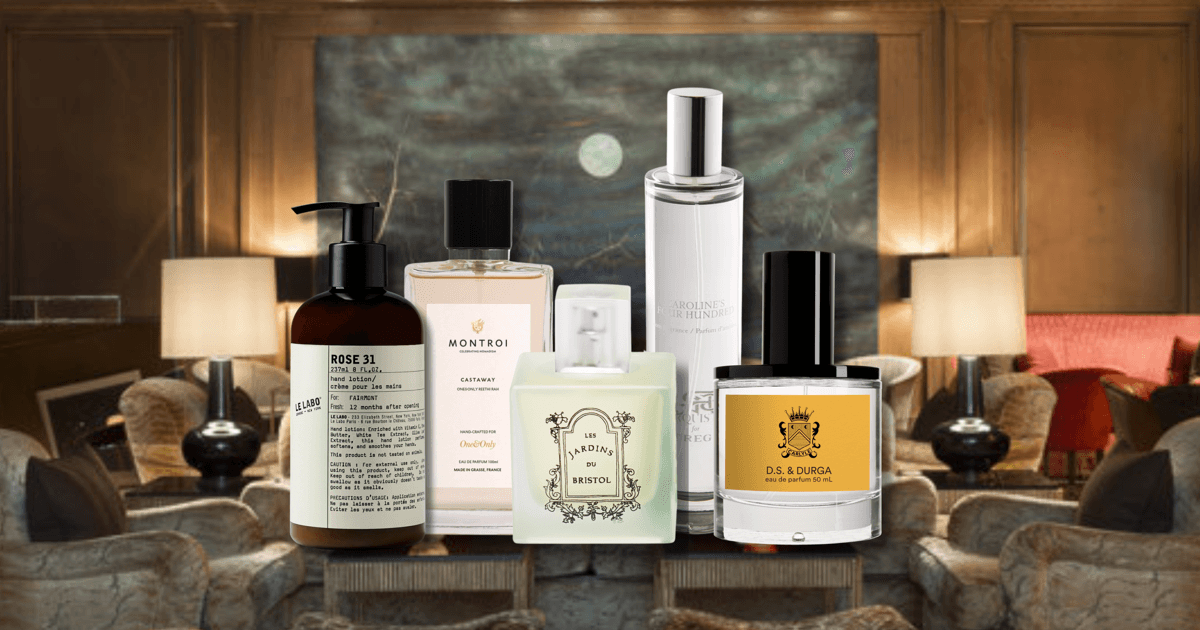




Leave a Reply